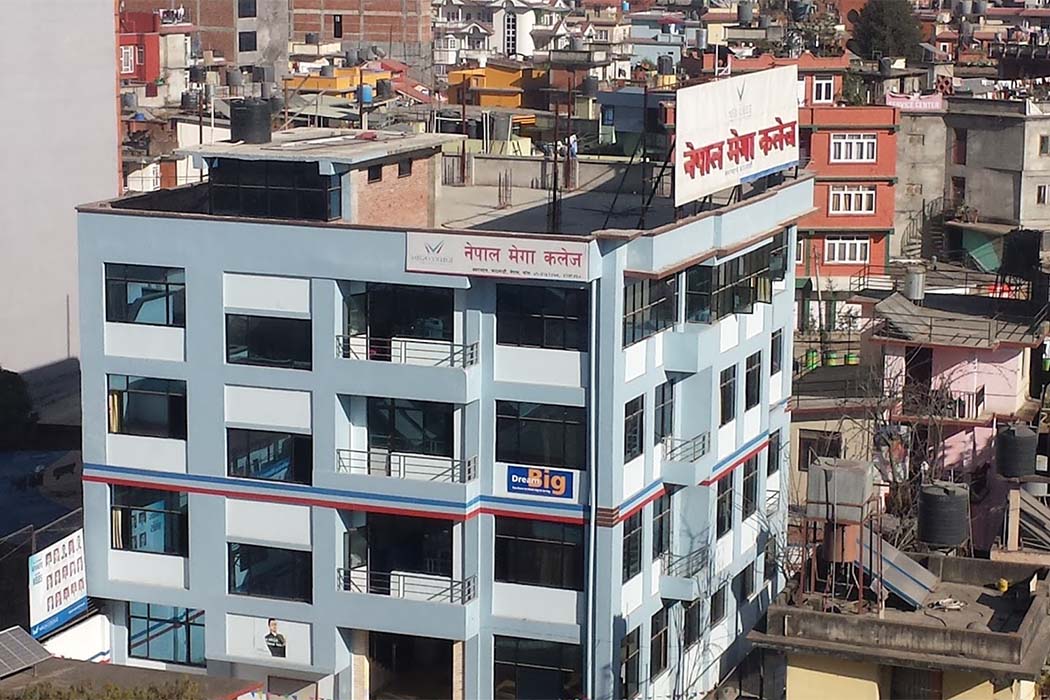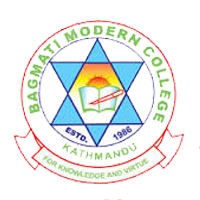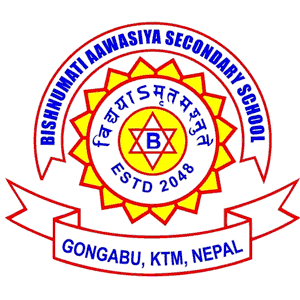Overview
Ten Plus Two (+2) Science at Nepal Mega College (NEB)
+2 Science at Nepal Mega College, Babarmahal, Kathmandu, runs under the National Examinations Board (NEB). Students who plan for medicine, engineering, pharmacy, pure sciences, or computing study a structured mix of theory, lab work, and exam practice.
Your first year builds the base; the second year deepens concepts and trains you for board exams and entrance tests common in Nepal.

Overview
+2 Science follows NEB’s two-year structure. Physics, Chemistry, Biology/Mathematics, English, and Nepali form the core set. Practical classes in Physics, Chemistry, and Biology reinforce concepts from lectures. Regular unit tests, terminal exams, and pre-board reviews create a steady rhythm long before the final NEB examination.
Highlights
-
Affiliation: National Examinations Board (NEB)
-
Duration: Two academic years
-
Location: Babarmahal, Kathmandu
-
Streams: Biology group or Mathematics group (students may take both if eligible)
-
Evaluation: Internal tests, terminal exams, practicals, pre-board, NEB board exam
Curriculum Details
Grade XI introduces core mechanics, basic chemical bonding, cell biology, algebra, and trigonometry. Communication papers in English and Nepali improve academic writing. Practical notebooks and viva support the science subjects from the start.
Grade XII extends to electricity and magnetism, thermodynamics and kinetics, genetics or advanced calculus, and organic reaction mechanisms. Lab hours increase in the second year. Project tasks and numerical sheets help you connect formulas with real measurements. Students who aim for medicine or engineering focus on Biology or Mathematics respectively, while some complete both to keep future options open.
Objectives
-
Knowledge Base: Build a strong foundation in physics, chemistry, mathematics, and biology for higher study in Nepal and abroad.
-
Exam Readiness: Practice structured problem solving and lab reporting for NEB papers and entrance tests.
-
Communication: Improve scientific writing through short reports, practical records, and concise answers.
-
Habits: Encourage time management, note-making, and safe lab conduct.
Scope
Graduates pursue MBBS/MD pathways, BE/Engineering, BPharm, BSc (general and honors), BSc CSIT, BCA (subject to eligibility), forestry, agriculture, and allied health fields. Students also qualify for scholarships and quota seats based on national rules and merit.
Learning Outcomes
-
Apply laws of motion, electricity, and waves to solve numerical questions.
-
Balance reactions, calculate yields, and interpret graphs in chemistry.
-
Describe biological structure–function links, genetics basics, and lab techniques.
-
Handle algebra, coordinate geometry, calculus, and statistics relevant to entrance papers.
-
Maintain lab notebooks with clear procedures, observations, and error checks.
Skill Development Modules
-
Numerical Practice: Daily problem sets and past-question drills.
-
Lab Competence: Titration, microscopy, circuit assembly, and error analysis.
-
Report Writing: Aim, method, observation, calculation, and inference format.
-
Study Planning: Weekly targets, formula sheets, and recall reviews.
-
Entrance Orientation: Pattern familiarization for medical and engineering tests.
Teaching Methodology
Faculty deliver concept classes, tutorials, and lab sessions in small groups. Weekly tests map progress. Pre-board exams replicate board conditions. Doubt-clearing hours, peer discussion, and guided worksheets support steady improvement.
Admission Requirements
-
Eligibility: Minimum C+ in Science and C+ in Mathematics at Grade X (SEE) as practiced nationally for +2 Science
-
Documents: SEE marksheet, character certificate, photos, and ID copies
-
Selection: Application screening and interaction as per the intake notice
Progression Pathways
-
Medical & Health: MBBS, BDS, BSc Nursing, Pharmacy, Public Health, Lab Science
-
Engineering & Tech: Civil, Computer, Electrical, Mechanical, Architecture; BSc CSIT, BCA
-
Pure Sciences: BSc Physics, Chemistry, Biology, Mathematics; research routes later
Scholarships and Financial Aid
-
Categories: Merit or criteria-based support announced during admissions
-
Process: Submit forms within the window with required evidence
-
Advisory: Track seat numbers, deadlines, and renewal conditions each session
Why Choose This Course?
-
Structured Science Base: Theory and lab practice move together across two years.
-
Exam Rhythm: Unit tests, terminals, and pre-boards stabilize performance.
-
Future Options: Clear routes to medicine, engineering, IT, and pure sciences.
-
Location Advantage: Central Kathmandu access for references and coaching support.
Conclusion
+2 Science at Nepal Mega College provides a steady route into science and technology degrees. Students study core subjects with regular testing and supervised lab work so board exams and entrance papers feel familiar rather than sudden.
FAQ
Can I take both Biology and Mathematics?
Yes, if you meet internal rules and can handle the workload.
How are practicals graded?
Internal practical marks and viva combine with board components as per NEB rules.
Do I need extra classes for entrances?
Many students use campus guidance and personal preparation; choices depend on your target field.
What if my basics are weak?
Bridge classes and tutorial sheets help rebuild fundamentals ahead of terminals.
Are re-tests available?
Make-up tests follow internal policy and the academic calendar.























